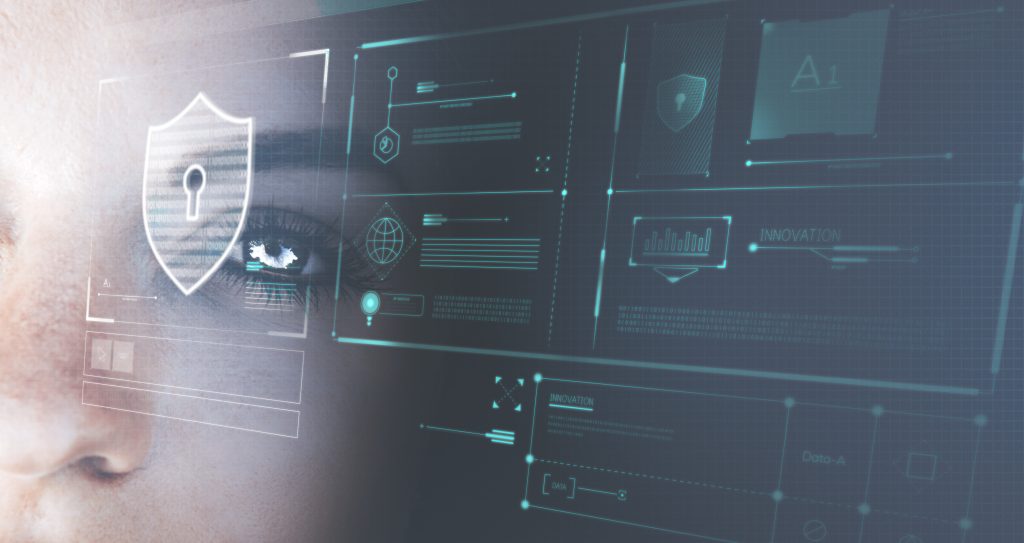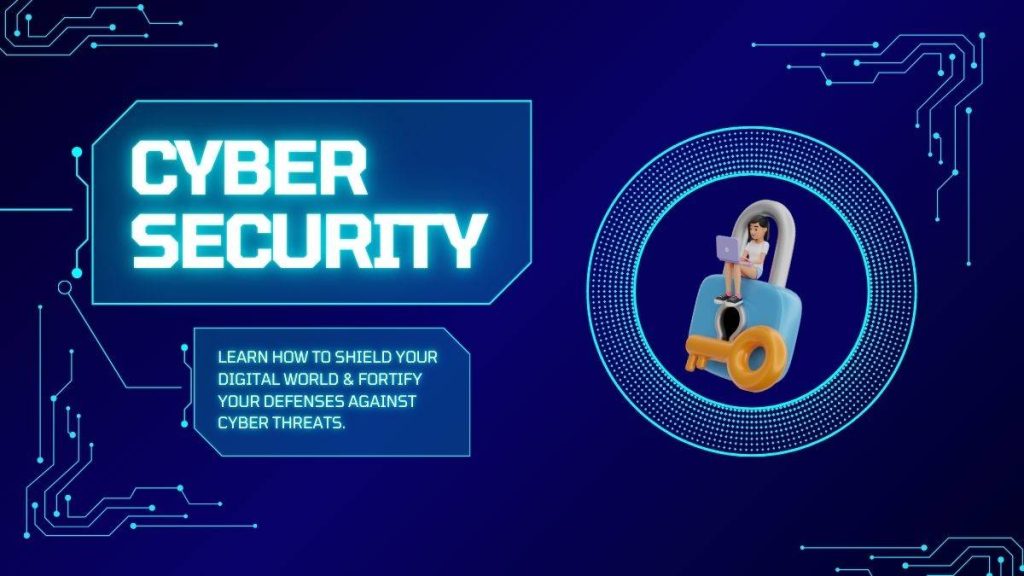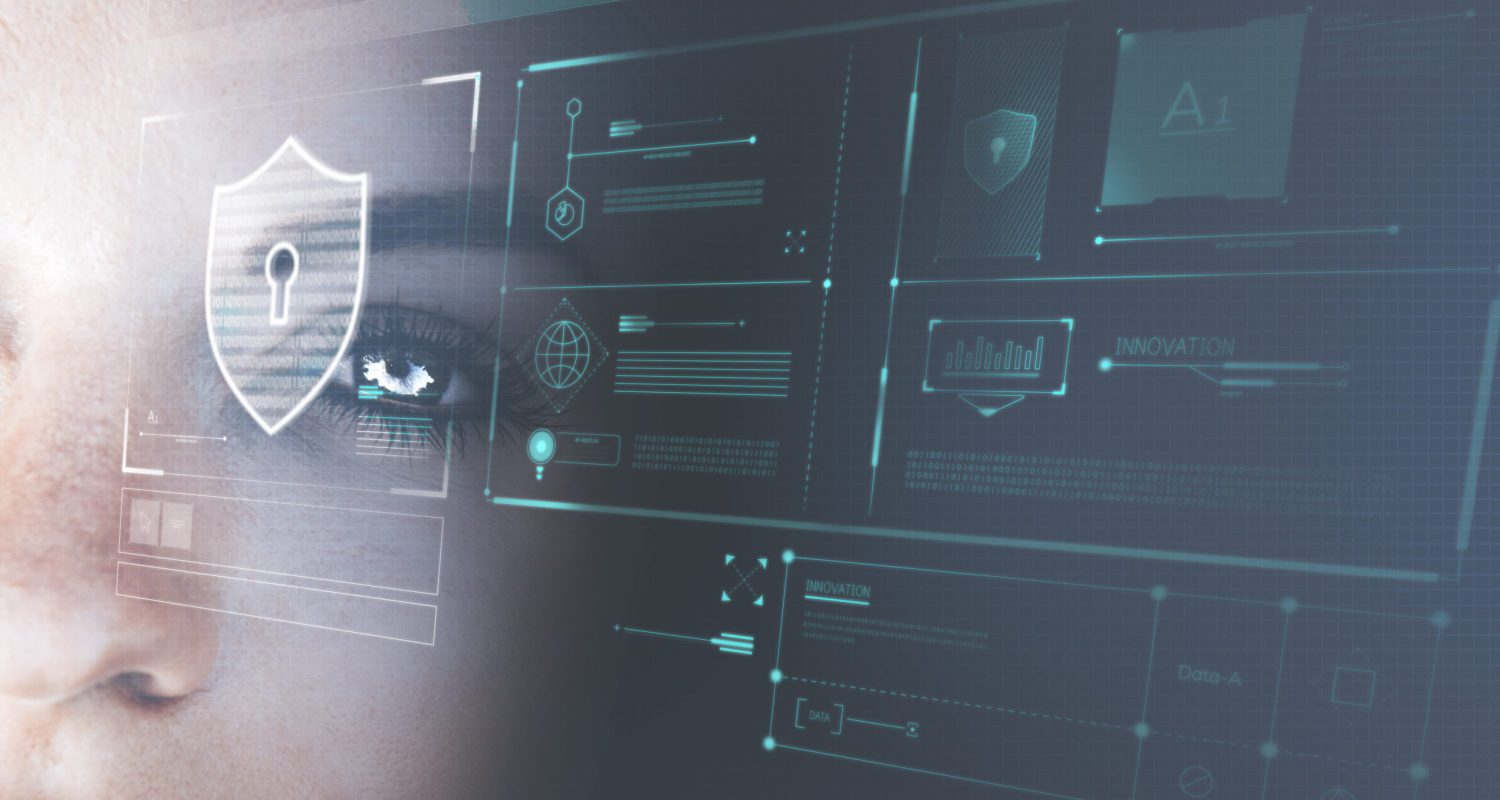Introduction
Cybersecurity is rapidly becoming one of the most critical fields in tech. As digital threats grow, so does the demand for skilled professionals to counter them. Yet, contrary to popular belief, cybersecurity isn’t just for coders or tech experts. Today, cybersecurity is an open field for individuals with various skills, from technical expertise to problem-solving abilities and creativity. This post explores why cybersecurity’s future is bright and how individuals from different professional backgrounds can find opportunities in this evolving sector.

Why Cybersecurity is a Promising Field
The cybersecurity industry is both resilient and essential. As organizations increase their reliance on digital infrastructure, the potential for cyberattacks rises, creating an unending demand for cybersecurity professionals. According to industry studies, the cybersecurity sector is expected to grow at an impressive rate, with job roles expanding in both depth and diversity. This growth is a signal for those considering a career shift, as it highlights the longevity and opportunity within the field. With cybersecurity becoming an integral part of nearly every industry, the sector’s job market offers stability, competitive salaries, and vast opportunities for specialization and growth.
The Evolution of Cybersecurity: More Than Just Coding
Historically, cybersecurity was viewed as a field that required deep technical knowledge. But with cyber threats becoming more sophisticated, the need for broader expertise is evident. Today, roles in cybersecurity range from digital forensics to user experience and risk assessment. Each of these roles requires unique skills that are not solely rooted in programming or network administration. For instance, effective communication is essential for translating technical risks into terms that non-technical stakeholders understand. Similarly, project management and policy development are critical to designing effective security strategies. This shift broadens the field, making it accessible to individuals with diverse professional backgrounds.
Key Skills Needed for Cybersecurity in the Modern Era
Cybersecurity professionals today need a blend of both technical and non-technical skills. While coding, ethical hacking, and systems analysis remain foundational, skills like communication, analytical thinking, and risk management are also crucial. Technical skills in areas like cloud security, data analysis, and cryptography help professionals identify and address vulnerabilities. Meanwhile, non-technical skills such as critical thinking, adaptability, and an understanding of regulatory requirements allow cybersecurity experts to anticipate potential risks and communicate strategies effectively. These varied skill requirements open doors for people from many career backgrounds.
Emerging Technologies Shaping Cybersecurity Careers
Technological advancements are continuously reshaping the cybersecurity landscape. Artificial intelligence (AI) and machine learning are now essential in detecting threats faster and with greater accuracy. Similarly, as the Internet of Things (IoT) expands, so does the need for professionals who can secure smart devices and networks. Blockchain, once seen solely as the foundation for cryptocurrencies, is now being explored as a tool for ensuring data integrity. These technologies are creating new roles within cybersecurity that require specialized knowledge, expanding the field’s demand for varied expertise.
Cybersecurity Job Roles for Various Skill Sets
Cybersecurity encompasses a wide array of roles that cater to different skill sets. Some technical roles include:
- Security Analyst – responsible for monitoring networks and responding to threats.
- Penetration Tester – simulates attacks to identify vulnerabilities.
- Security Architect – designs robust security infrastructures.
For those with non-technical skills, opportunities include:
- Cybersecurity Consultant – advises on risk management and compliance.
- Forensic Analyst – investigates breaches and gathers digital evidence.
- Policy Advisor – creates policies to improve cybersecurity practices.
These roles showcase the diverse paths within cybersecurity, making it accessible to individuals with both tech and non-tech backgrounds.

Educational Paths and Certifications to Start a Cybersecurity Career
Aspiring cybersecurity professionals can begin their journey through various educational paths. For those new to the field, certifications like CompTIA Security+, Certified Information Systems Security Professional (CISSP), and Certified Ethical Hacker (CEH) provide foundational knowledge. Many universities and online platforms now offer specialized cybersecurity courses that range from bachelor’s programs to master’s degrees and boot camps. Networking with industry professionals and participating in cybersecurity communities also help newcomers gain valuable insights. With a structured learning approach, breaking into cybersecurity is achievable for individuals from diverse educational backgrounds.
The Future of Cybersecurity: How It Will Continue to Grow
The cybersecurity industry is not just growing—it’s evolving. Future developments in cybersecurity will likely be influenced by advancements in AI, the growing threat landscape, and the continuous digital transformation of businesses. As cybersecurity measures become integral to every industry, new roles will emerge, focusing on niche areas like IoT security, AI-driven threat detection, and zero-trust architecture. These trends indicate that cybersecurity’s future is bright and filled with career opportunities. Those entering the field now can expect ongoing demand and the chance to be part of a tech landscape that directly impacts global security.
Cybersecurity: A Rewarding and Impactful Career Choice
Beyond the obvious perks of competitive salaries and job security, a career in cybersecurity offers the rewarding prospect of making a significant impact. Cybersecurity professionals play a crucial role in protecting businesses, governments, and individuals from cyber threats that could lead to data breaches, financial losses, or even threats to national security. The skills you build as a cybersecurity professional directly contribute to safer online environments, influencing global digital security on a meaningful scale.
This career also offers the potential for continuous learning and growth. Cyber threats evolve constantly, requiring cybersecurity professionals to stay updated on new technologies, threat vectors, and regulatory requirements. For lifelong learners, cybersecurity provides an intellectually stimulating environment where no two days are the same. This combination of meaningful work, continuous growth, and the ability to make a difference draws many to the field.
How to Get Started in Cybersecurity
If you’re inspired by the potential of cybersecurity, the next step is identifying a path that suits your background and interests. Here are some practical steps to help you break into the field:
- Self-Assessment: Identify your current skill set and areas of interest. Are you interested in technical roles, like network security and penetration testing, or would you prefer something less technical, such as compliance or risk management?
- Seek Certifications and Training: Begin with foundational certifications such as CompTIA Security+ if you’re new to cybersecurity. For more advanced roles, certifications like CISSP (Certified Information Systems Security Professional) or CISM (Certified Information Security Manager) can help build credibility.
- Gain Hands-On Experience: Practical experience is invaluable in cybersecurity. Consider entry-level roles, internships, or projects that allow you to apply your knowledge in real-world scenarios. Many online platforms also offer virtual labs and simulations to practice skills safely.
- Join Cybersecurity Communities: Networking can play a big role in gaining industry insights and accessing job opportunities. Cybersecurity forums, conferences, and online communities provide platforms to connect with industry professionals, stay updated on trends, and seek advice on career paths.
- Keep Learning: Cybersecurity is a field that thrives on continuous education. Staying informed about new threats, tools, and techniques will help you stay competitive and adapt to the industry’s ever-evolving needs.



